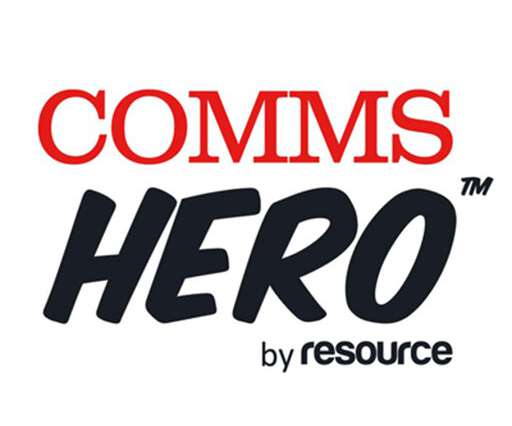Media Interview Skills: Why Silence Is Not Always Golden
Polaris
DECEMBER 8, 2014
Yet public speaking and media interview skills are essential for most executives and business owners. And a poorly handled print or broadcast interview could turn a relatively benign issue into a full-blown crisis. A video of the comic’s performance went viral, the media piled on. A lot of nervousness—not so much.












Let's personalize your content